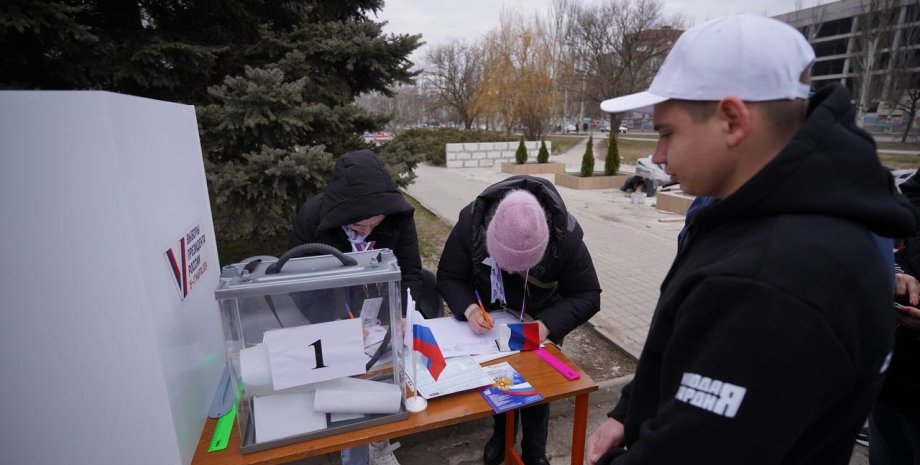
 By Natali Moss
By Natali Moss
The Kremlin has strengthened measures against digital tools used to bypass Internet blots. The country has restricted access to WhatsApp service and other communication applications in certain industries during protests. According to civil society groups and researchers, there is also an expansion of disconnection of websites and online services.
According to them, Russia turns to methods that go beyond the established practice of digital tracking and hacking, using a more systematic approach to influence the way of functioning of its internal internet. The country uses methods introduced by China and Iran. This allows you to start the process of forming an authoritarian internet regulation model that contrasts with a more open -minded United States.
"Russia has reached a new level of blocking in the last six months," said Russian telecommunications expert Mikhail Klimarev. The Internet censorship in Russia has intensified for more than ten years, but even technical experts have surprised the efficiency and scale of the latest blocking. These methods supplement the infrastructure of repression built by the Kremlin to keep the opponents and protesters under control and serve the country with a diet of state propaganda.
These steps take place at a critical moment for Vladimir Putin, because this year he intends to prolong his activities as a president. He, according to the report, will almost confidently win, and increased control on the Internet shows that the Russian government is not ready to risk. Roskomnadzor, the chief Russian regulator of the Internet, did not answer the comment request.










All rights reserved IN-Ukraine.info - 2022